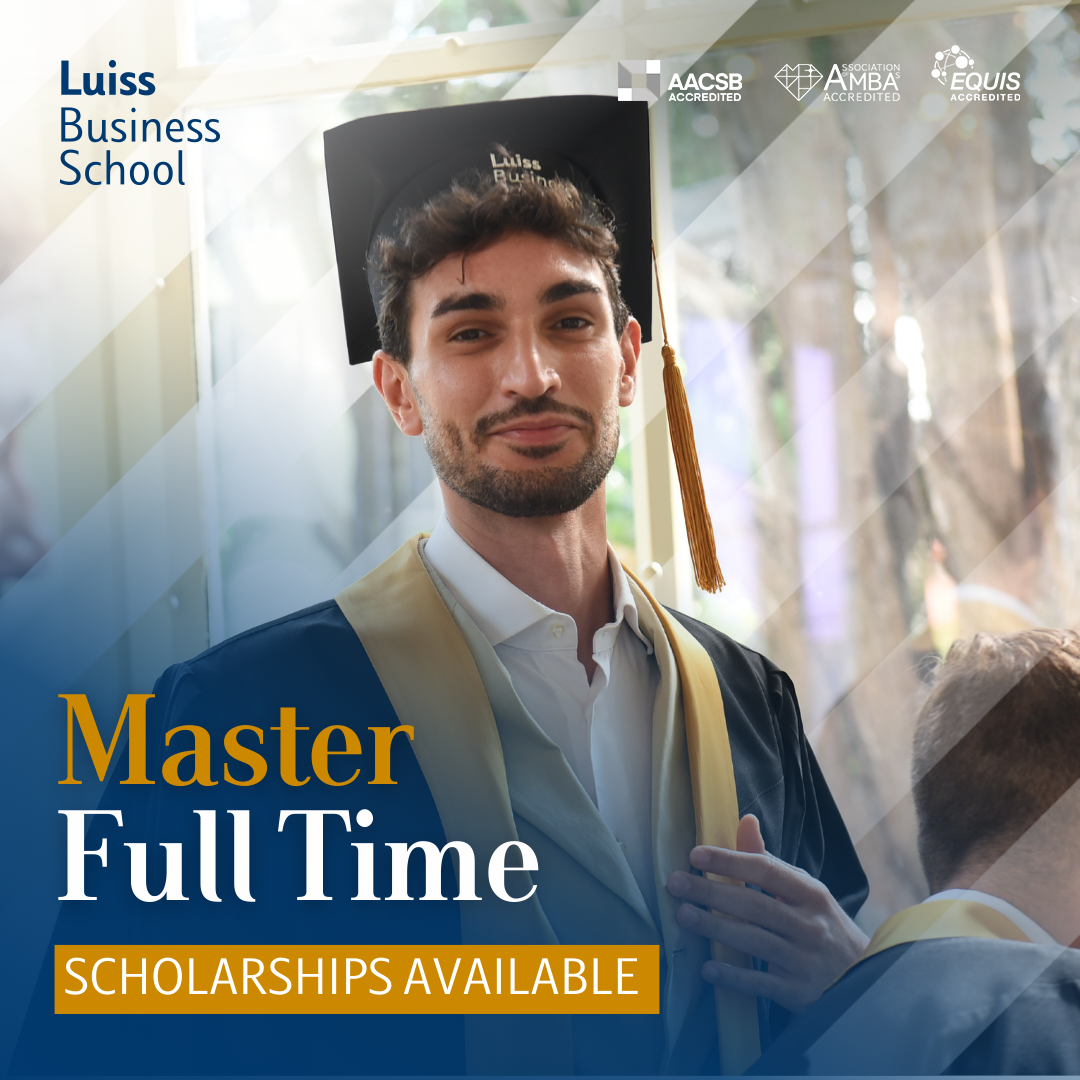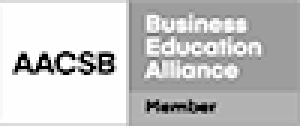Soft Skills Lab
Soft skills are considered fundamental according to the World Economic Forum (WEF). Business leaders must possess a combination of technical skills and soft skills to successfully manage the complex challenges of the working environment. Therefore, the Soft Skills Lab is aimed at personal growth, allowing students to develop cross-cutting skills through practical activities structured to enable effective customization of the educational path with the support and guidance of our staff.
Our laboratories include:
Employability Lab
The goal of this lab is to contribute to the improvement of students’ employability by working together with certified coaches. The lab is conducted in collaboration with the Career Service Office.
How-to-Present Lab (Effective Communication)
The objective is to provide students with tools to enhance their professional profile and have a unique and impactful standing, acquiring effective written and oral communication skills, and preparing an effective pitch.
Design Thinking (Strategic Thinking)
Participation to this workshop will allow students to understand the methodological approach of design thinking, delve into where, when, and how to develop it in companies, and become familiar with the vocabulary and tools of design thinking.
Project Management (Time and Resource Management)
The lab aims to put students in a position to contribute effectively to the planning and execution of a project, understanding and evaluating critical success factors. It defines basic Project Management concepts, delving into the fundamental differences between a “project” and a “program,” and focusing on the five process groups for project management.
People Management (Time and Resource Management)
The workshop aims to transfer the necessary knowledge for the design and implementation of human resource management and development systems, along with the ability to develop best management and organizational practices.
Digital Transformation (Analytical Thinking)
This lab offers students the opportunity to clarify the concept of “Digital Transformation” while acquiring the concepts and key drivers of digital transformation. It also allows the assimilation of “digital behaviors” for the organization and reference ecosystem.
Negotiation and Conflict Resolution (Negotiation and Conflict Resolution)
The objective is a in depth analysis of strategies and approaches to negotiation, both internal and external to the company, with particular reference to defining agreements that satisfy the interests of both parties, transferring to participants the main techniques for managing a negotiation.
Complex Problem Solving (Adaptability and Flexibility)
Students will acquire the ability to solve problems considering economic, environmental, and social impacts, consolidating analytical skills and developing lateral thinking. The workshop also focuses on enhancing decision-making speed, balancing risks and gains in the solution.
Creativity (Empathy)
This lab allows the development and acquisition of new skills by harnessing creativity. The ultimate goal is to help participants create a work environment that values individuals, increases personal motivation, and promotes integration with other group members, thereby improving business results.
Sustainability (Empathy)
The purpose of the lab is to raise awareness among students about current sustainability issues. During the lab, students will have the opportunity to test themselves in a practical activity and understand the logic and dynamics of an ethical, responsible, and sustainable business.
In addition to these activities, we also offer Excel and Coding courses to enhance students’ data processing and analysis skills.


